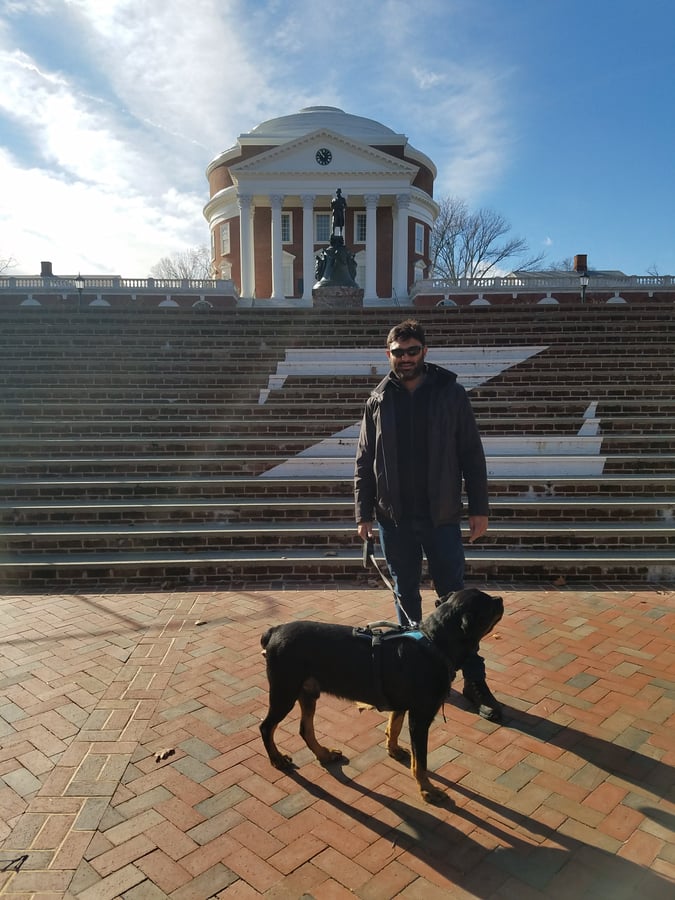
University Of Virginia Historic District VA
Motorcyclist Map

Places Filter: Historic
View In Google Maps: https://goo.gl/maps/RLFiE87hSCmEFjAp9
Description: The University of Virginia Historic District is a renowned and significant historic area located in Charlottesville, Virginia. Here's some information about the University of Virginia Historic District: Location: The University of Virginia (UVA) Historic District is situated within the city of Charlottesville, Virginia. It encompasses the central grounds and historic buildings of the University of Virginia. Founding: The University of Virginia was founded by Thomas Jefferson, the third President of the United States and the principal author of the Declaration of Independence. He designed the university and its iconic Rotunda building, which is often considered one of his architectural masterpieces. Architectural Significance: The historic district is renowned for its neoclassical architecture, designed in the style of ancient Rome and Greece. The Rotunda, a domed building inspired by the Pantheon in Rome, is the centerpiece of the university and an enduring symbol of UVA. Jefferson's Academical Village: Thomas Jefferson envisioned the university as an "Academical Village," where students and faculty would live and learn in close proximity. The historic district includes original pavilions and student rooms designed by Jefferson himself. Grounds: The central grounds of the university are known for their symmetry and architectural harmony. They feature well-maintained lawns, gardens, and pathways, creating a picturesque and inviting environment. Historical Significance: The University of Virginia is historically significant not only for its architecture but also for its role in American education. It was one of the earliest institutions to adopt the principle of religious freedom and academic freedom. Academic Excellence: UVA is renowned for its academic programs and has consistently ranked among the top public universities in the United States. It offers a wide range of undergraduate, graduate, and professional programs. Cultural Events: The university hosts various cultural and educational events, including lectures, concerts, art exhibitions, and sporting events, which contribute to the vibrancy of the community. Accessibility: The historic district is open to the public and welcomes visitors who wish to explore its historic buildings, gardens, and grounds. Guided tours are often available for those interested in learning more about the history and architecture of the university.